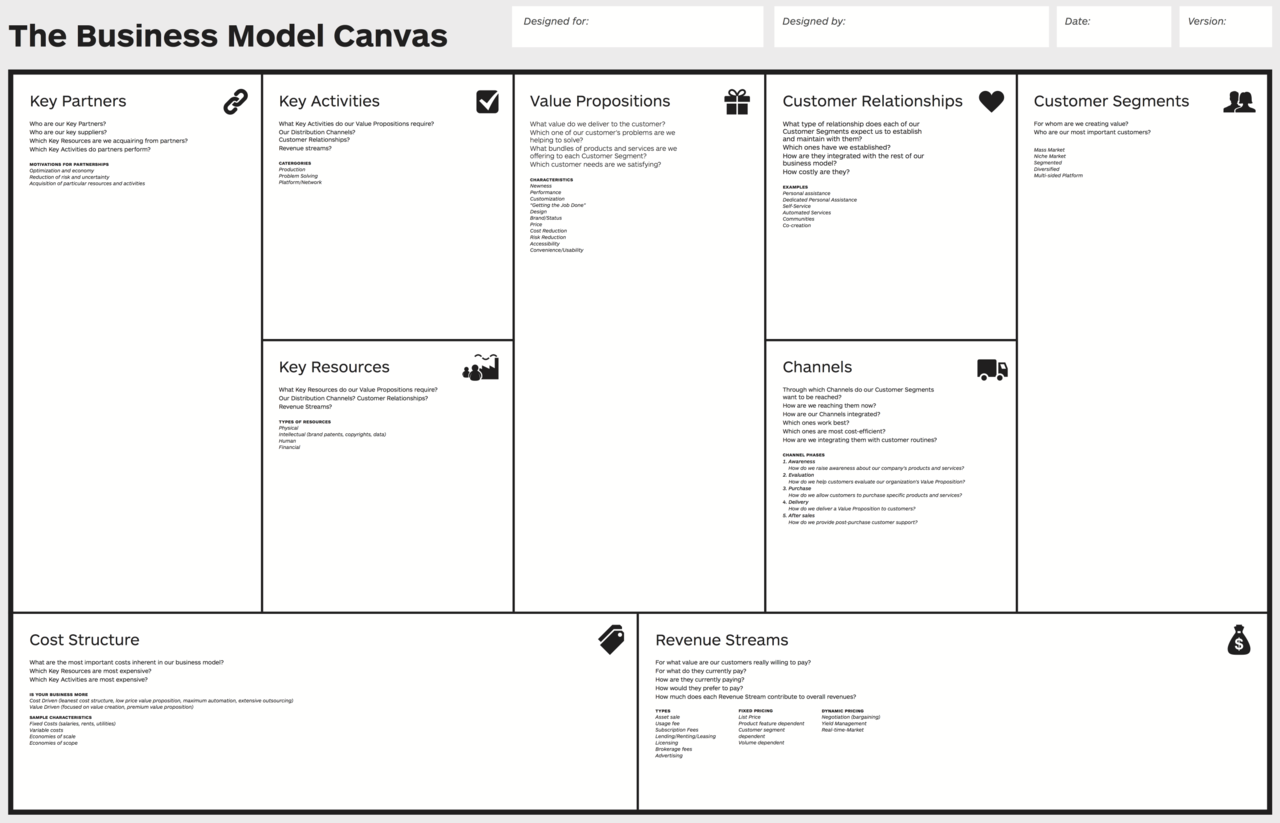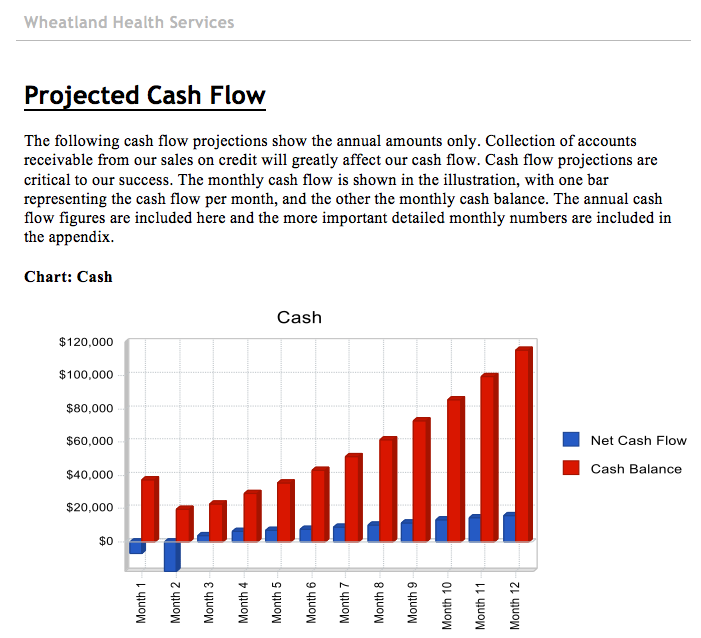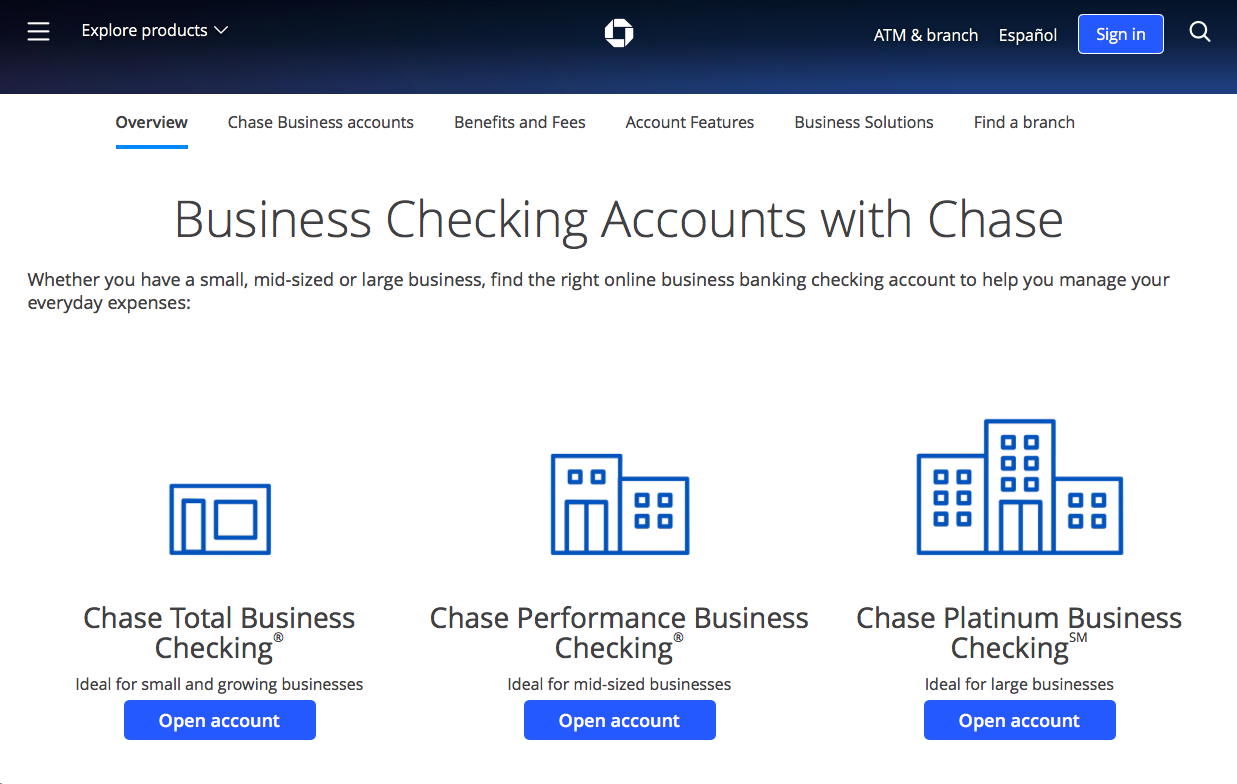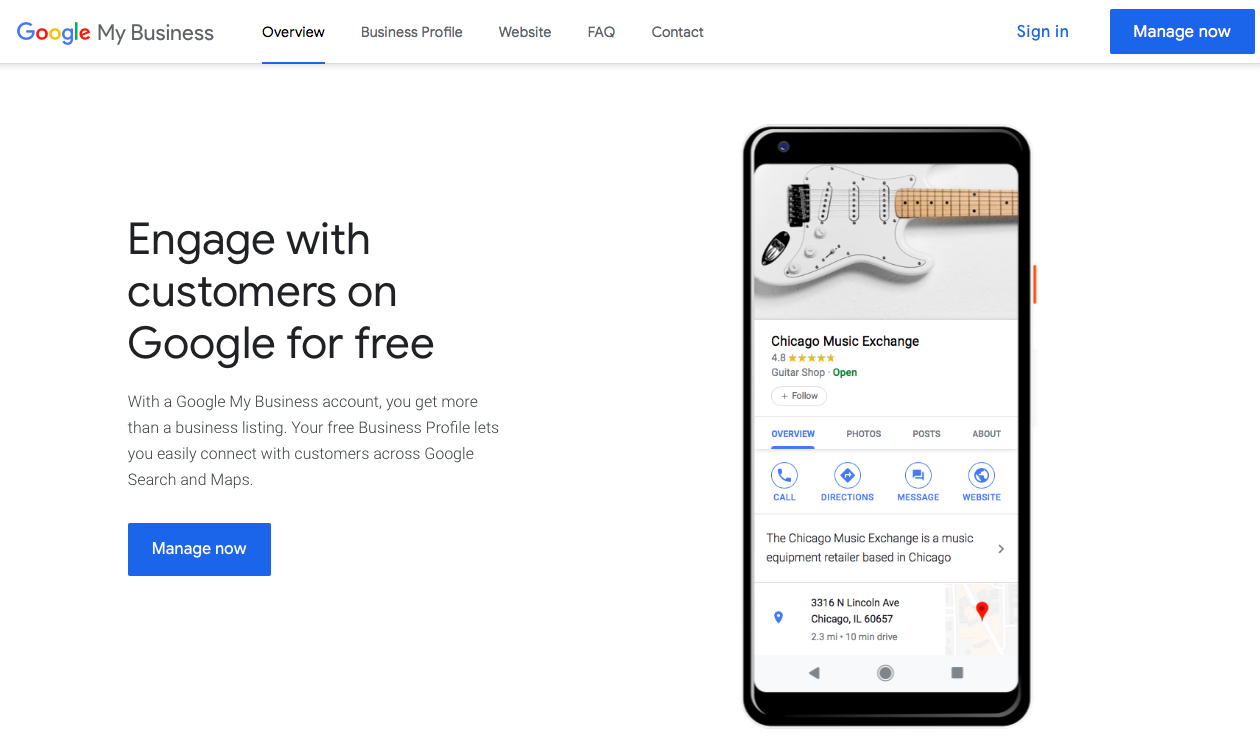A home healthcare business is when a caregiver or a licensed health professional like a nurse provides services in a home. Determining how to start a home healthcare business begins with deciding if you will open a nonmedical or medical business. Each provides different services and have different legal requirements.
Every home healthcare business will want to register as a legal entity. This will protect the owner’s personal assets if legal action were taken against the business. Use Incfile to file your business’s entity quickly and accurately. Register your business and protect yourself today.
How to start a home healthcare business in six steps:
1. Choose Your Home Healthcare Business Idea
When choosing your business idea, you need to choose between medical and nonmedical home healthcare businesses. Each type of agency has different legal requirements to get started and for the services provided. You also need to decide what type of services your home healthcare business will provide.
Nonmedical Home Healthcare Business
Nonmedical home healthcare businesses provide basic day-to-day assistance. These personal care services include daily living activities like meal preparation, dressing, transportation, and housekeeping. Formal training and licensing are not required to provide these services. Choosing to create a nonmedical business is more simple than medical, but typically less lucrative because you can’t bill Medicare, Medicaid, and third-party sources.
Medical Home Healthcare Business
A medical home healthcare business provides nursing or therapeutic services. Typically, nurses administer skilled services that require a license. The medical care you give in the home is similar to services administered in a hospital. Additionally, there are strict guidelines that require a physician to oversee patient care.
Home Healthcare Business Options
There are several options for home healthcare businesses that you can start. You can create your own, purchase an existing business, purchase a franchise, or join a membership network. To narrow down your business options, you will also want to narrow down the services you will provide.
The type of home healthcare services your business can provide:
- Doctor care (medical)
- Nursing care (medical)
- Physical, occupational or speech therapy (medical)
- Home health aide (nonmedical)
- Homemakers (nonmedical)
- Companionship (nonmedical)
- Nutritional support (nonmedical)
- Pharmaceutical support (nonmedical)
- Meal preparation (nonmedical)
- Transportation support (nonmedical)
2. Create Your Home Healthcare Business Plan
One the business idea is selected, it’s time to put your plan on paper. A business plan is where you determine if your home healthcare idea will work. In the plan, summarize your background, research competitors, outline how the business will operate, and forecast finances. In addition to personal uses, you can use your business plan to receive funding from a bank or investor.
Business Plan Type
The type of business plan you choose to create hinges on what you need the plan for. If you’re using the plan to receive funding from a bank, you will need a traditional business plan. This traditional business plan has been around for decades and contains sections like an executive summary, team background, and financial projections.
If you don’t need capital to open your home healthcare business, you can choose to create a nontraditional business plan like a business model canvas (BMC). The BMC is a more visual business plan with updated sections like value proposition, key partners, and customer segments.

The BMC is a modern update on the business plan.
Competitive Analysis
Regardless of whether you choose a traditional or nontraditional business plan, it’s important to spend time analyzing your competitors. This helps determine if your business idea is in a market that is too crowded. Competitive analysis also determines what you can do better than other home healthcare agencies in your area. When reviewing competitors, take the top five businesses, and list a few strengths and weaknesses for each.
Financial Projections
The financial projections section is the most challenging part of a business plan. Predicting income and expenses is difficult because you can’t know for sure how many customers you will have. Financial projections are a must-do task and can’t be skipped, especially if you’re trying to raise capital.
In the financial projections part, you need to document your startup expenses. Then, list the projected income and expenses each month for the first two years. Finally, have a section that sums up the first three years of income and expenses for each year. Fortunately, the government program called the Service Corp of Retired Executives (SCORE) has a financial projections template you can fill out.
Business Plan Software
If you find yourself struggling with the business plan, there is software available that can guide you through the process. For example, Live Plan provides a step-by-step process with explanations. They also provide a walkthrough with visual charts for the financial projections portion of a business plan.
Home Healthcare Business Plan Example
A great way to learn how to start a home healthcare business and create a business plan is to study examples. Live Plan provides a great home healthcare business plan example for a fictional business. The business plan projects a profit of $145,000 in the first year of business. Notice how much of the business plan is describing the business versus how much is financial information. Many people are surprised by the large number of financial projections in a business plan.

This fictional medical home healthcare business is projected to lose money in its first two months of operation
3. File Legal Paperwork for Your Home Healthcare Business
Before opening your home healthcare agency, there are several legal-related steps you must take. Registering the business, getting appropriate licenses, and insurance are all steps you will want to take. A medical home healthcare business will want accreditation with Medicare and Medicaid to bill them for services.
Obtain Your EIN
An employer identification number (EIN) is used for federal tax purposes. It is essentially a number that the federal government issues to track business taxes. You are required to obtain an EIN if you have an employee or are starting an LLC, corporation, or partnership. An EIN may also be required when opening a business checking account.
File as a Legal Entity
Every home healthcare business will want to file as a legal entity. This protects your personal assets if a lawsuit were to occur in the business. Filing as a legal entity also makes your business look legitimate because it’s listed in your state’s business registry. Use Incfile to register your business quickly and accurately.
“My best advice for someone starting a healthcare business is to incorporate or form an LLC. This will provide the entity with liability protection, which separates your personal and professional assets in the event of an unforeseen circumstance that negatively impacts your business like a lawsuit or business-related debts.”
―Deborah Sweeney, CEO, MyCorporation.com
Get State Licenses
Almost all states require a license to operate a home healthcare agency. If you have any nurses on staff, they must be registered with the state as well. Training and licensing for nonskilled caregivers vary from state to state.
Additionally, several states require home healthcare agencies to file a certificate of need before opening. A certificate of need is intended to curb excess supply in the healthcare market. To determine what specific requirements are necessary for your state, visit your official state website. Typically, you can look at the Department of Health or Starting a Business section on your state’s website.
Obtain Medicare and Medicaid Certifications
Billing Medicare and Medicaid can be a huge source of income for medical home healthcare agencies. Receiving Medicare and Medicaid certifications allows you to bill for services such as nursing and physical therapy. It’s wise to start the certification and accreditation process early because it could take up to a year.
Get Liability Insurance
Having a home healthcare agency presents a higher than average liability exposure. Additionally, taking care of someone in their home presents a greater risk than care in a hospital. For example, getting professional liability insurance protects you from an employee behavior that could result in injury or negligence, such as giving a patient the wrong medication.
Open a Business Checking Account
After obtaining your EIN and becoming a legal business entity, you can open a business checking account. Having separate personal and business checking accounts is vital to tracking income and expenses. If the IRS audited your agency, no personal expenses would be reported accidentally in your tax return. Chase Business Checking has business checking accounts for small and growing businesses.

Chase Business Checking requires a minimum balance of $1,500 to avoid a small monthly fee
4. Develop Your Home Healthcare Business Operations
A key to success when starting a home healthcare business is having operational systems in place before you receive your first customer. Business operations are internal processes that help the business run smoothly. You want to have systems in place like new client forms, scheduling, and accounting software to create a great customer experience externally, and a speedy process internally.
New Client Forms
Before taking on your first client, you want to have a client intake form that collects applicable information about the client. You want your caregivers and nurses to know about all of the health issues of the client. Additionally, it’s important to have a uniform system in place so that information is organized. You do not want different types of information collected for each client. For example, emergency contacts for one client and not the other.
You also want to consider using software to collect client information. This client information can be collected on a tablet or computer. This will save admin costs by not having to transfer patient information from paper to electronic.
Scheduling Software
The typical home healthcare business has its caregivers and nurses visiting six to eight patients a day. As you start to grow your business and hire more staff, it will be a challenge to manage the schedules of your employees. Imagine if a caregiver calls out sick. You will have to reschedule your staff quickly. Consider using scheduling software to avoid hiccups inpatient visitation.
Online Accounting & Billing Software
As your startup begins making money, it’s important to track how much money you’re making and spending. Your business’s income and expenses are tracked through accounting software. Fortunately, accounting software like QuickBooks is online and can be accessed at any time. QuickBooks also provides billing software that allows you to create and send invoices to clients quickly.
“Make sure you get help with setting up your record-keeping and billing system. I’ve seen a lot of small caregivers quickly get overwhelmed by all the paperwork.”
―Brian Cairns, Founder, ProStrategix Consulting
Equipment
The type of equipment your home healthcare startup needs depends on the type of services you provide and the number of staff. Medical-based startups may require several advanced pieces of health technology. Fortunately, in recent years, medical devices that were once only used in hospitals can now be used in the home. Nonmedical healthcare agencies provide equipment like transportation, uniforms, and basic caregiving items.
5. Hire Your Home Healthcare Staff
The staff in your home healthcare business is the main product you provide. The growth of your startup hinges on their quality of care and services. It’s important to perform background checks on all caregivers and nurses. This will protect you from malpractice liability. Additionally, a medical home healthcare business will require a clinical supervisor in addition to nurses. If you purchase an existing home healthcare business, your staff should already be in place, and you can skip this step.
“One of the most difficult and important requirements of a home health business is hiring qualified candidates that will stay with your company. Traditionally, home health has a very high turnover rate, meaning candidates move from company to company very often. While this can’t be controlled entirely, one of the best tips is to focus on hiring individuals who have the skills, live locally, have reliable transportation, and have flexible personal schedules.”
―Jonathan Duarte, Founder, Gohire.com
Clinical Supervisor Requirement
Medicare requires all medical home healthcare businesses to have a full-time clinical supervisor. The supervisor position must be either a physician or nurse with at least one year of experience. The supervisor position is required so that all in-home employees can contact them for healthcare-related questions.
Where to Find Staff
The type of staff to hire depends on the home healthcare business you’re starting. A medical-based home healthcare agency will need licensed nurses. A nonmedical startup will need caregivers. Certified nursing assistant (CNA) nursing programs, nurse recruiting websites, social media groups, and the job posting website Indeed are resources to find and hire staff.
Perform Background Checks
Before hiring an employee, it’s important to conduct a thorough background check. If you hire a caregiver or nurse who commits malpractice in their job, and that person was previously sanctioned or suspended for a similar action, your business could be liable for legal action. Fortunately, there are several affordable background check companies to help you avoid this liability.
Payroll Software
Once you hire employees and assign them out to patients, you will need to pay them. Payroll software helps you ensure your employees are paid on time and accurately. Additionally, the payroll software can keep track of employee’s time worked. Intuit is an accurate payroll software that allows direct deposit into your employees’ bank accounts.
6. Market Your Home Healthcare Business
You now have the people, processes, and legal protection in place and are ready to start the business. Marketing your home healthcare business is the final step to ensure you bring in patients who need your help. Traditional marketing may be all you need to get a steady stream of customers. However, many home healthcare agencies also use networking, and online marketing to grow their patient base.
“Understand that your audience is savvy and complex, typically made up of both the care receiver (the senior) and the caregiver (an adult child). You need to be fluid enough to market your services to both audiences, not indulge in fear-based marketing, and create a variety of touchpoints that help to educate, engage, and establish trust.
―Hilary Young, Marketing Coach, Hilary Young Creative
Traditional Marketing
Even though you may not have a storefront that customers visit frequently, it’s important to have traditional marketing materials. You use traditional marketing materials to give to potential customers and network with potential referral partners. These materials include business cards, flyers, postcard mailings, and possibly car wraps. Before creating and printing the physical marketing materials, make sure your branding is consistent across all materials. Your home healthcare business’s branding will include its logo, colors, fonts, and messaging.
Networking
Networking for your home healthcare startup can get you early customers. Since home healthcare is a people-based business, many of your customers’ families will want to know you and trust the agency they are hiring. Networking in local groups like Business Networking International (BNI), your local chamber of commerce, or healthcare associations helps you connect with ideal customers and potential referral partners.
Online Marketing
Online marketing gets your home healthcare business in front of your ideal customers online. Older online marketing channels like the website and email is still crucial to connecting with potential and current customers. Newer online marketing platforms like Google My Business and social media present new opportunities for home healthcare agencies to connect with customers.
Something to keep in mind is if you partner with a franchise, they will often handle your online marketing for an additional monthly fee. This is appealing to many business owners who are not savvy to the latest online marketing trends and aren’t interested in learning them.
Here are some home healthcare business online marketing strategies:
Website: Your agency’s website is where your potential customers will go to read about you and your staff’s background. Potential clients also want to read customer testimonials and services provided.
Google My Business: Google is optimizing its search engine so that small business information is being shown without having to visit a website. Google My Business listing is the best place to provide information about your agency on Google.

Google My Business will show in Google when someone searches for your agency
Social media: The opportunity with social media is that it’s changing constantly. If you can learn the latest trends in social media to reach potential customers, you will be ahead of your home healthcare agency competition.
Email marketing: As a startup, you want to inform your family, friends, and acquaintances of your new business. One email marketing strategy is to take your current contacts along with the experience of opening a business. Bimonthly email updates get family, friends, and potential customers excited and informed about your startup. You also want to collect emails on your website by providing valuable content and getting visitors to sign up for your newsletter. This is a free way to grow your potential customer base.
Starting a Home Healthcare Business Frequently Asked Questions (FAQs)
This section includes the most frequently asked questions about how to start a home healthcare business. If you don’t see your question, head to our forum, and post your question there. We have a whole team of industry experts who answer questions from small business owners every day.
What is the difference between a home healthcare agency and a home healthcare business?
The home healthcare agency and home healthcare business are fairly interchangeable terms. The difference you may come across is that an agency typically refers to a company that provides several home healthcare services, whereas a business may specialize in one or two services.
How much money do I need to start a home healthcare business?
If you are a single caregiver opening a nonmedical home healthcare business, you could start your agency for less than $1,000. It’s difficult to determine an exact cost because licenses have varied costs depending on your state. If you are opening a medical healthcare business in a franchise with several employees, it could cost you $100,000 or more to start the business. The franchise fee could be as much as $35,000. Plus, include the salary of employees, and the cost of medical equipment, which could be expensive depending on the type of service you provide.
How do I get a home healthcare license?
The home healthcare license will be issued by your state. The best place to find more information about both the business and home healthcare licenses is your state’s official website. A good place to start your search is the website’s Department of Health section.
What is a medical vs nonmedical home healthcare business?
A medical home healthcare business is specialized care by a licensed nurse, and services often include medical equipment found in a hospital. A nonmedical home healthcare business involves helping someone elderly or disabled with day-to-day activities like eating, personal hygiene, and transportation.
Bottom Line
Starting a home healthcare business doesn’t need to be difficult when you follow a step-by-step process. You begin by getting clear on the type of home healthcare agency you want to open and planning the ideas out. After that, file the appropriate legal paperwork, create the business operations, and hire staff. Finally, market to potential customers and get your first patients.
All home healthcare businesses will want to register as a legal entity. Doing this will protect your personal assets if a lawsuit were to occur against the business. Incfile is a safe and secure legal services website. Visit Incfile and protect yourself today.
Read More




0 تعليقات